Would you imagine that 1.8 BILLION people globally use a source of drinking water contaminated with feces?
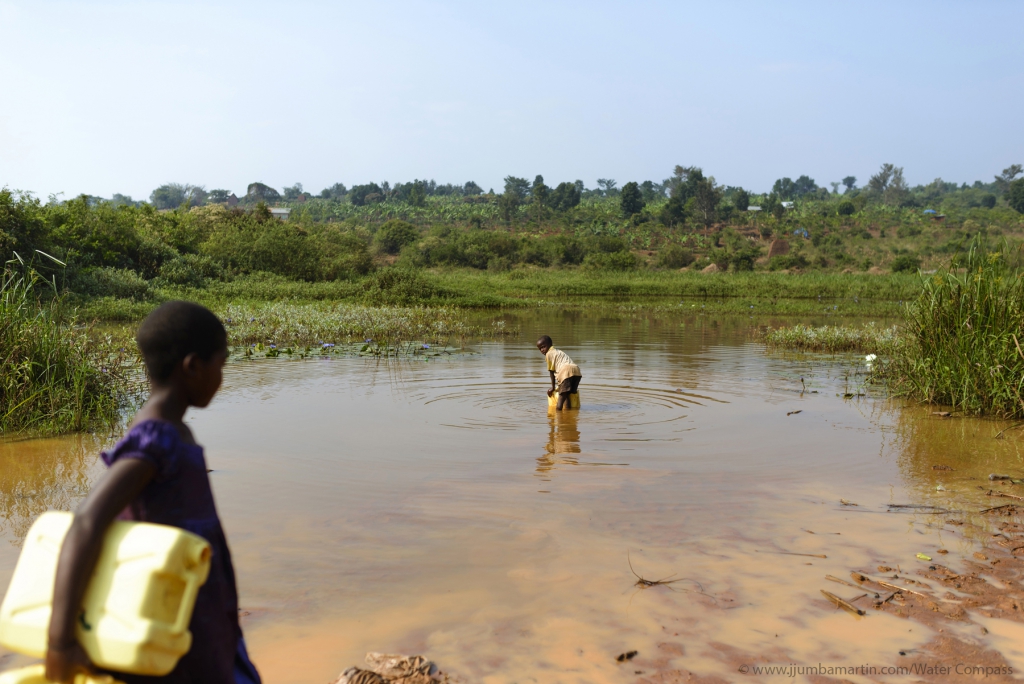

I was recently on assignment with water_compass an organization trying to make clean water accessible to people along the cattle corridor ( specific in Sembabule and Masaka) but targeting communities where disease transmission is most likely occur.During the 2 days’ shoot, a number of facts were broken to my ears and they’re quite worrying.
Imagine;
– Diarrheal disease is the second leading cause of death of children under five years of age in Uganda.
– 35% of the rural population in Uganda does not have access to a safe water source
– Hygiene and sanitation related diseases currently contribute to 70% of the disease burden in Uganda.
– Only 17% of the rural people in Uganda have access to improved sanitation
In this region, a twenty-litre jerry can of water can range from UGX 500 to 2000 shillings during the dry seasons, which is very expensive for the locals whose main source of income is farming.
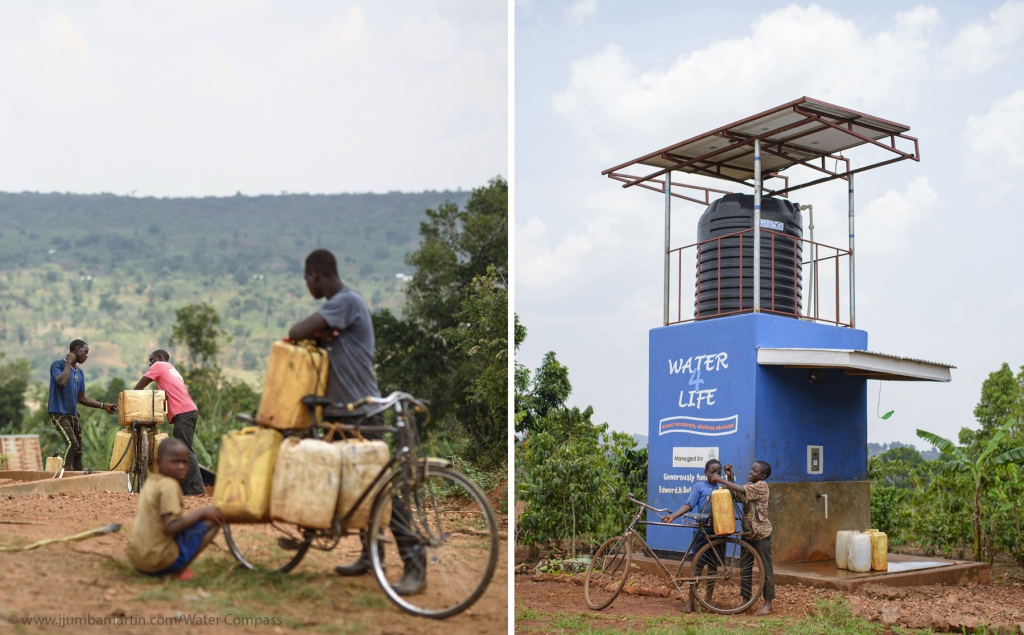
Water Compass strives to combat these statistics by drilling and installing solar powered pumping systems to bring clean water to the people in water-stressed villages in this part of Uganda. Currently, Water Compass is looking to drill a new water source and install a solar-powered pumping system to bring clean water to two communities in central Uganda known as Mbirizi B and Mbirizi C. Using a solar-powered pump, as opposed to a more commonly used hand pump means that water can be piped to communities and greatly reduce the distance and time it takes people to collect water

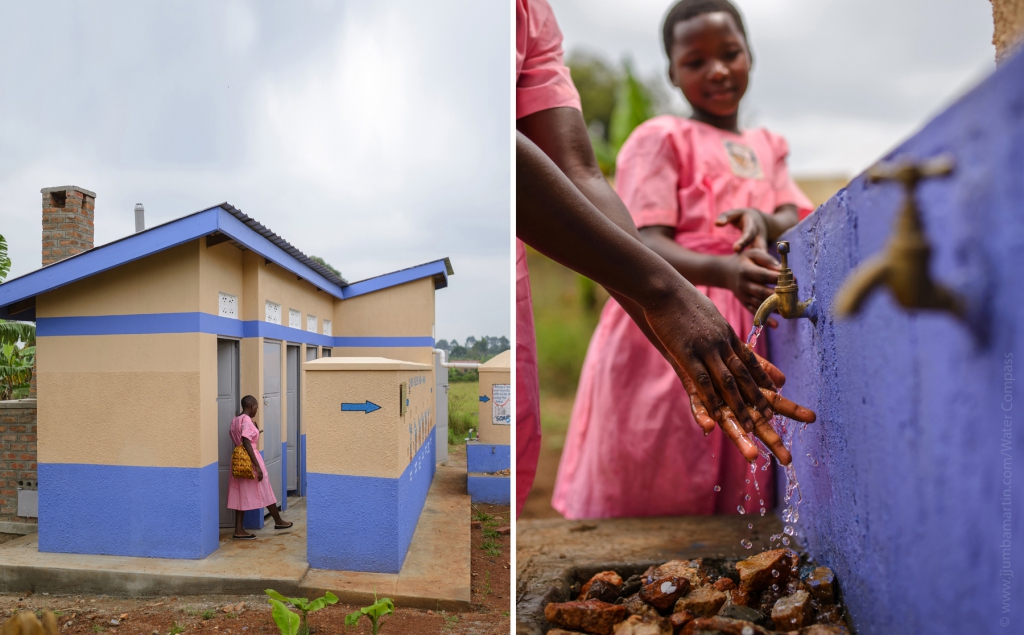
With your donations, @water_compassis ready to install more water pumping systems like these.
Please check out the link below to support the initiative. https://www.globalgiving.org/projects/solar-powered-clean-water-in-uganda/
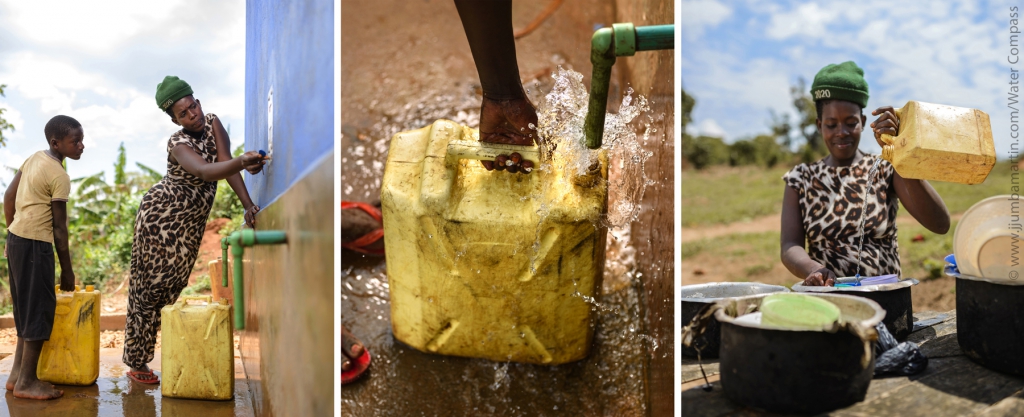
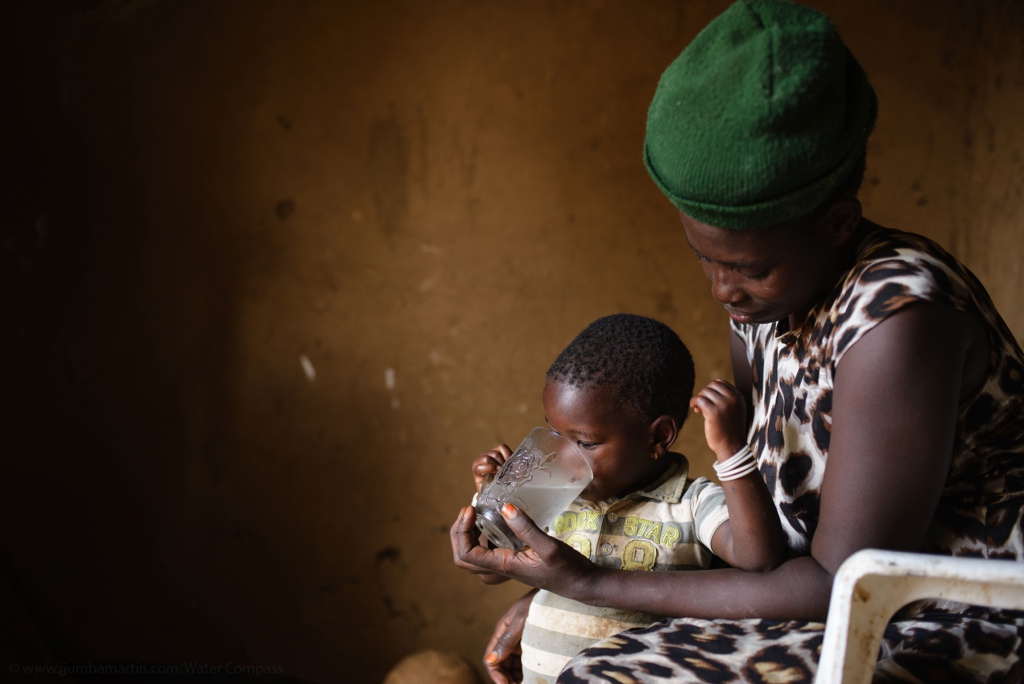
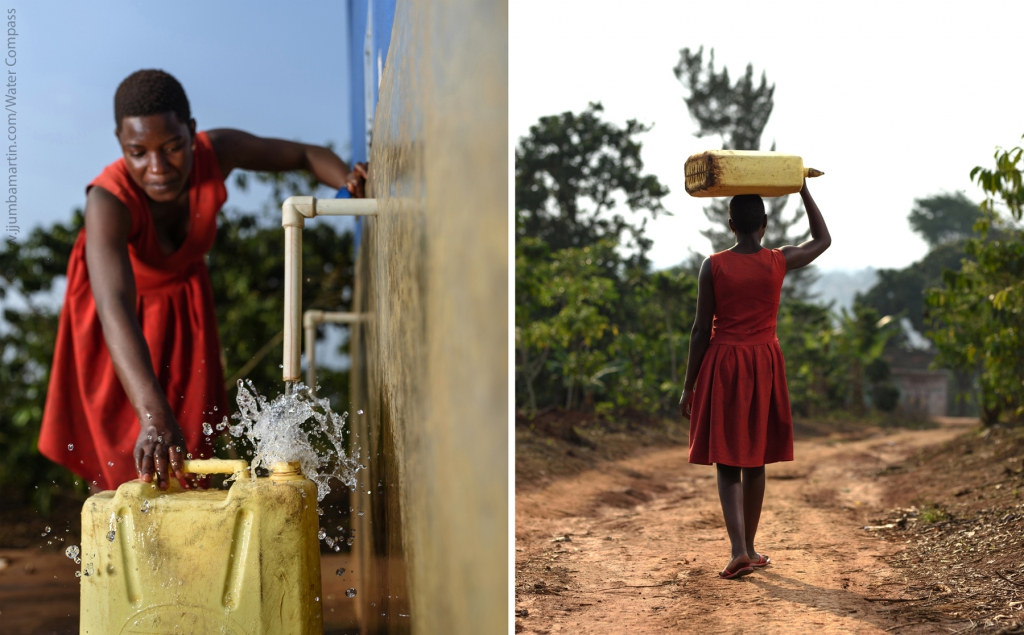
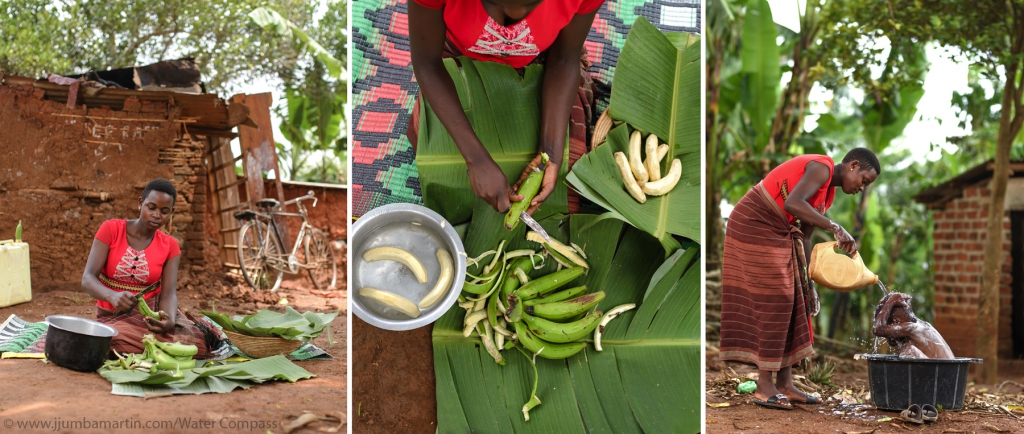

Tom wox says:
good work bro!